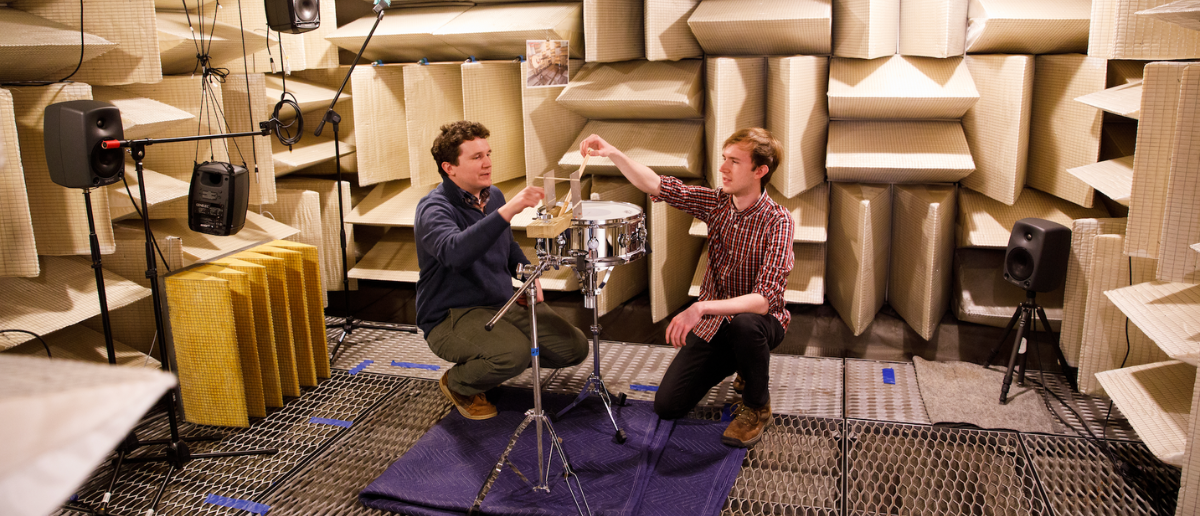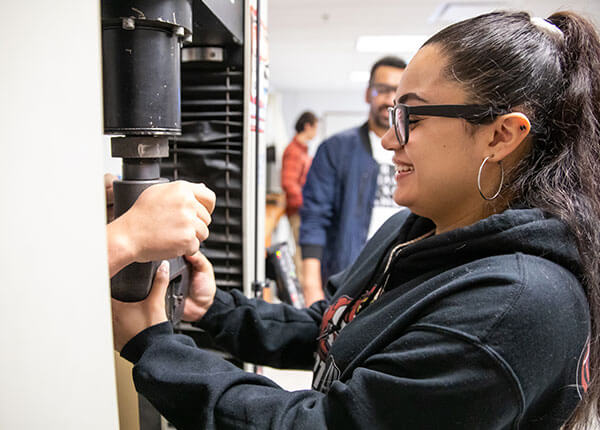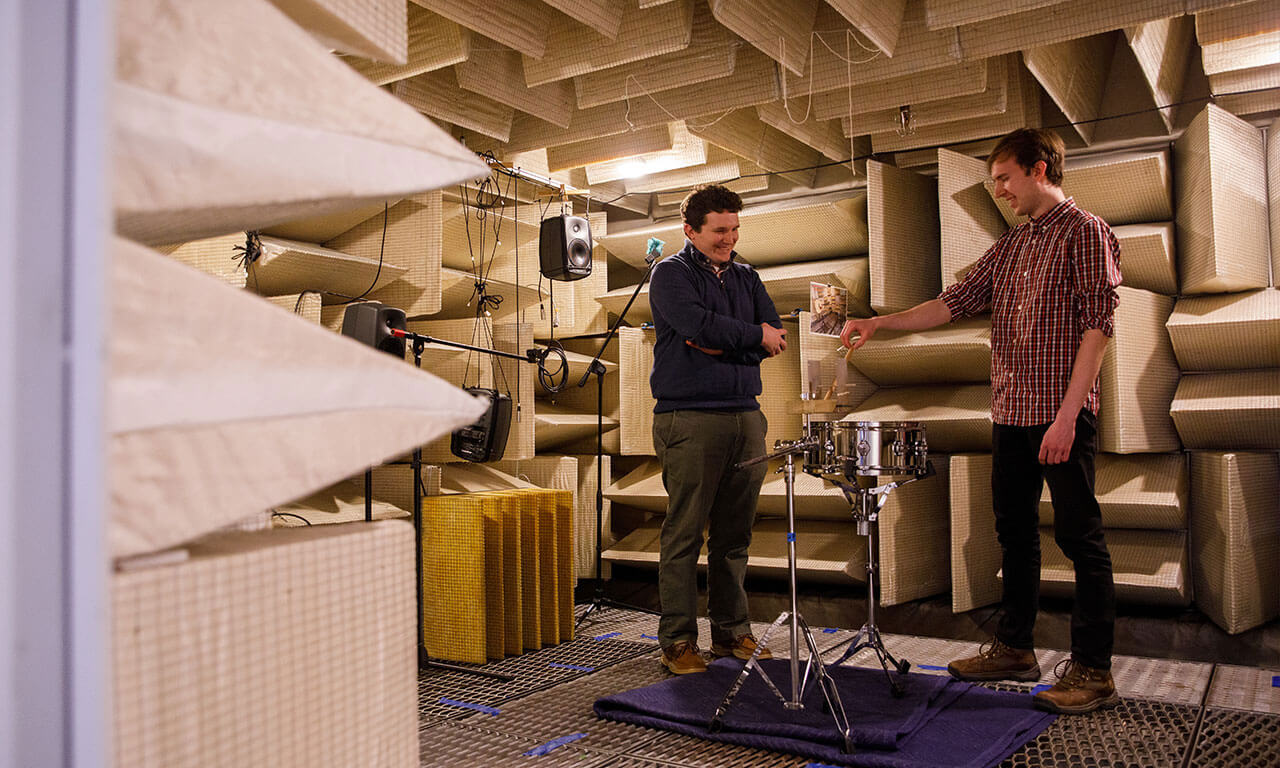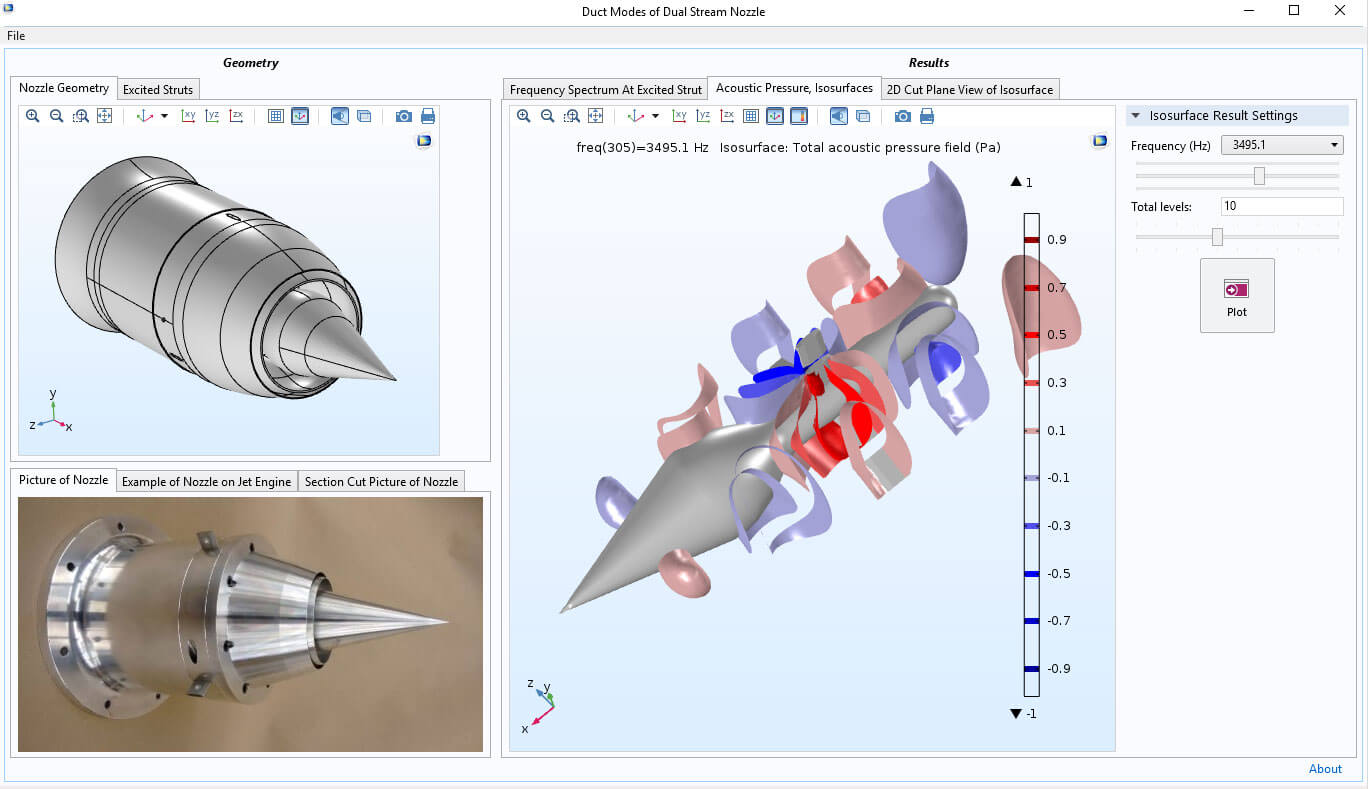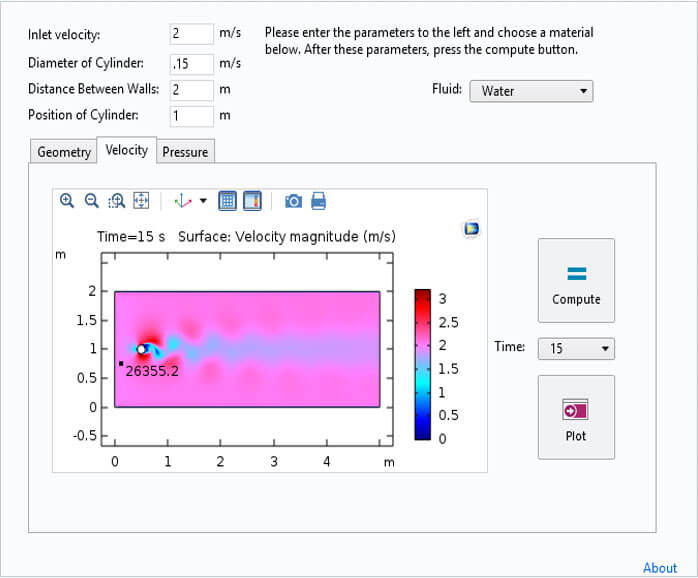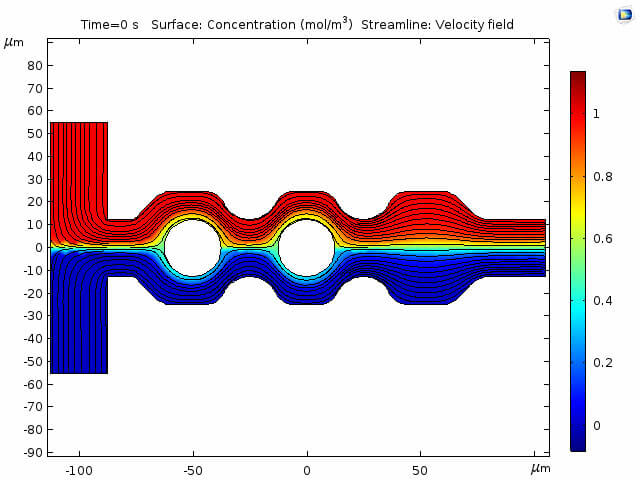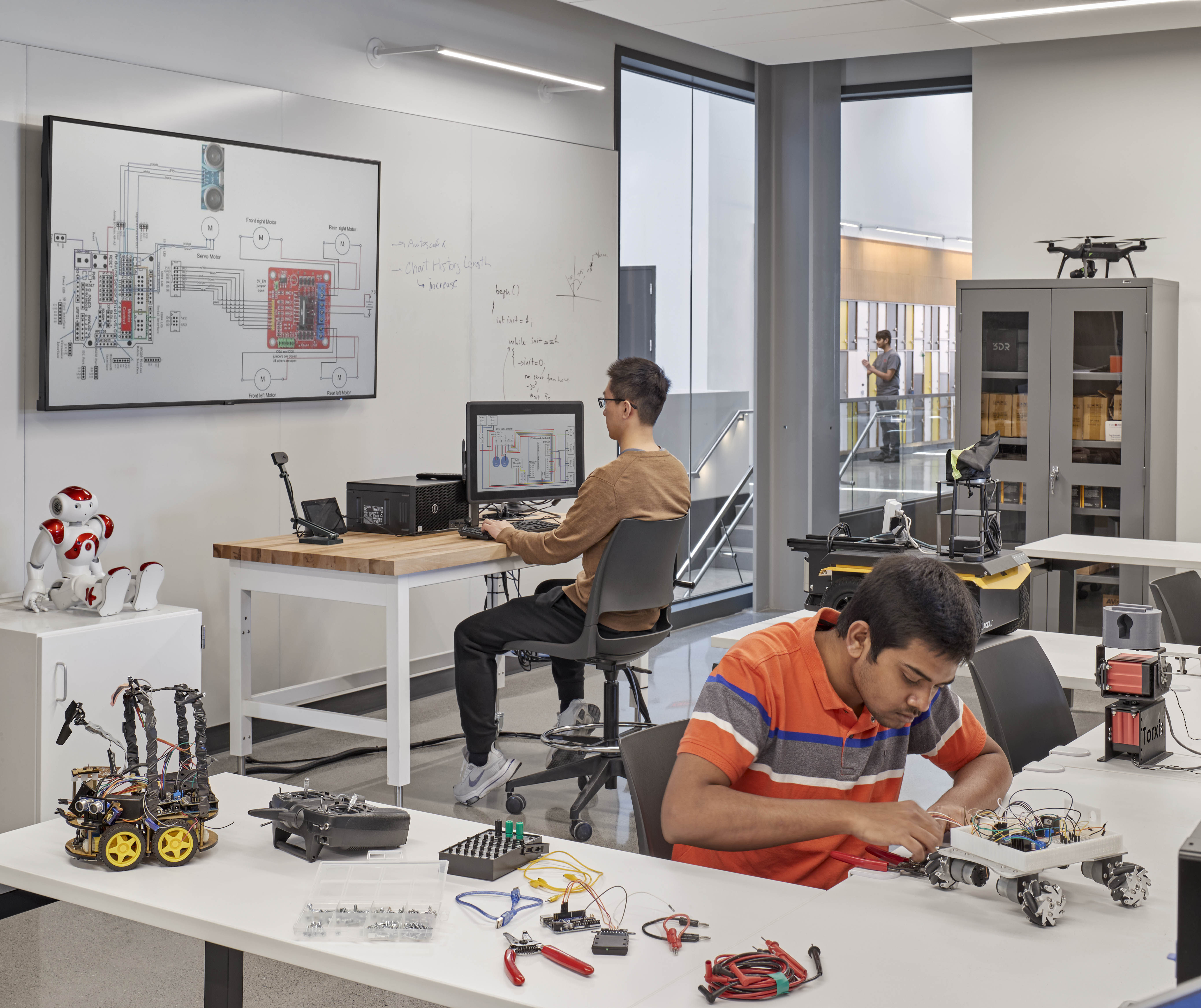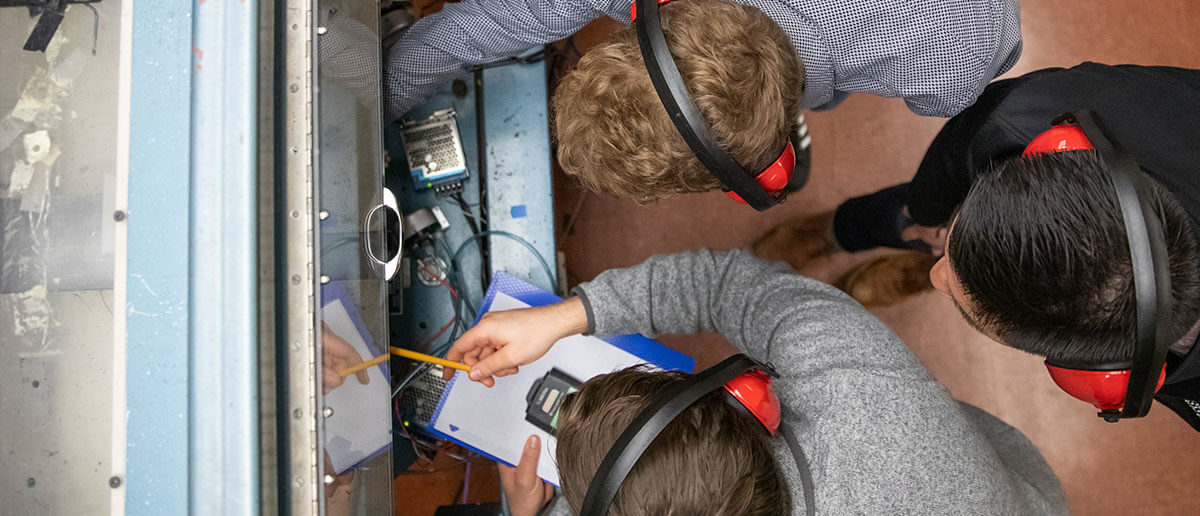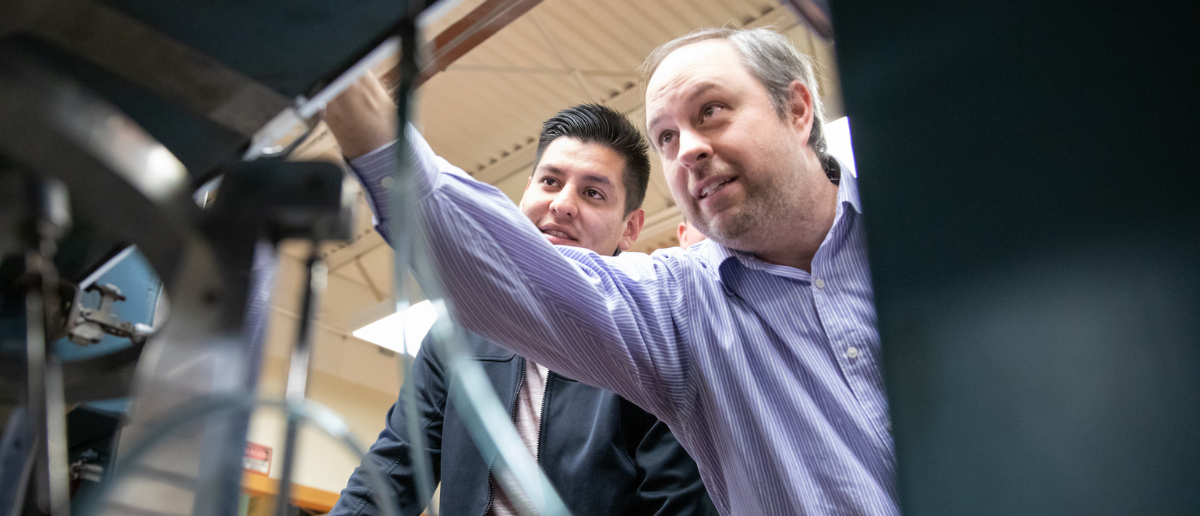The Mechanical Engineering program seeks to prepare students for productive, rewarding careers in the engineering profession. During their careers our alumni:
1. will become successful practicing engineers in a wide range of mechanical engineering fields and will advance professionally by accepting responsibilities and, potentially, pursuing leadership roles (PEO1);
2. will advance their knowledge of engineering, both formally and informally, by engaging in lifelong learning experiences (PEO2); and
3. will, as contributing members of multidisciplinary engineering teams, successfully apply the fundamentals of engineering analysis and engineering design to the formulation and solution of emerging technical problems (PEO3).
The engineering design experience is distributed over the entire engineering curriculum. The curricular sequence ensures that there is a one-half year of credits devoted to design content, which begins in the first-year course Engineering and Design and continues through the senior year's Capstone Design Project. The majority of the design work is incorporated into the junior and senior years to ensure that the students have taken sufficient preparatory engineering science courses.
Basic concepts of physics, chemistry, and mathematics create the foundation on which all engineering education is built. Basic tools of engineering practice, such as graphic communication, computer-aided drafting/design, and computer programming and applications, are also required knowledge. The basic engineering sciences, such as statics, dynamics, mechanics of materials, material science, thermodynamics, fluid mechanics, electrical circuits, design of machine elements, and control theory, complete the introductory phase of the program.
Mechanical engineering is generally considered to consist of a number of engineering subject areas, such as:
- Energy Conversion
- Fluid Flow
- Heat Transfer
- Heating, Ventilating, and Air-Conditioning
- Instrumentation
- Machine Design
- Manufacturing Industrial Engineering
- Materials
- Mechanics of Solids
- Mechanisms
- Noise Control
Refrigeration
System Control
All mechanical engineering students have the opportunity to take elective courses in any of the above subject areas. Through proper choice of electives, a student may become specialized in one or two of these areas. The Mechanical Engineering department has formalized three areas (acoustics, energy and sustainability, and manufacturing) as designated concentrations, with a separate curriculum listing.
Extensive laboratory experience enhances the theoretical coursework. There are several required laboratory courses in the sciences and engineering. Written and oral communication of laboratory results is needed.
Oral presentation by the students is introduced in the first year and continues through to the capstone design course, as well as in several other required advanced and elective courses.
Through participation in the All-University Curriculum and in additional elective courses in the humanities and/or social sciences, students are given the opportunity to broaden their perspectives and to take part in the larger learning community of the University. It is imperative that engineers understand and appreciate the unique role that technology plays in our society and the interactions between and among the various components of our society.
